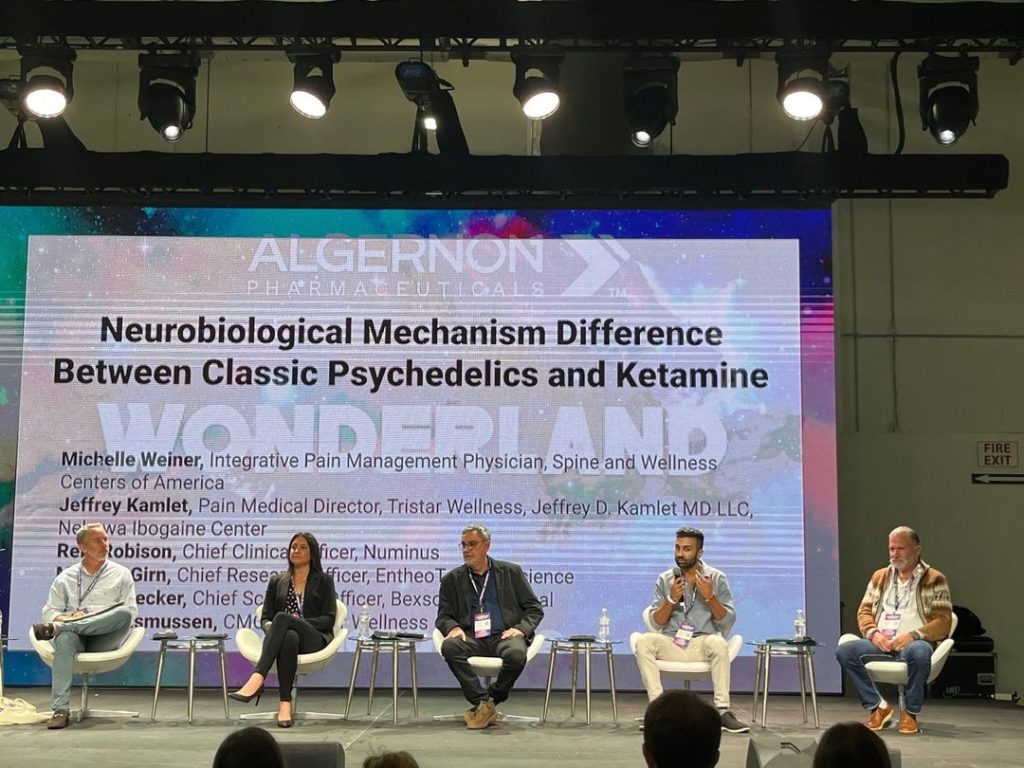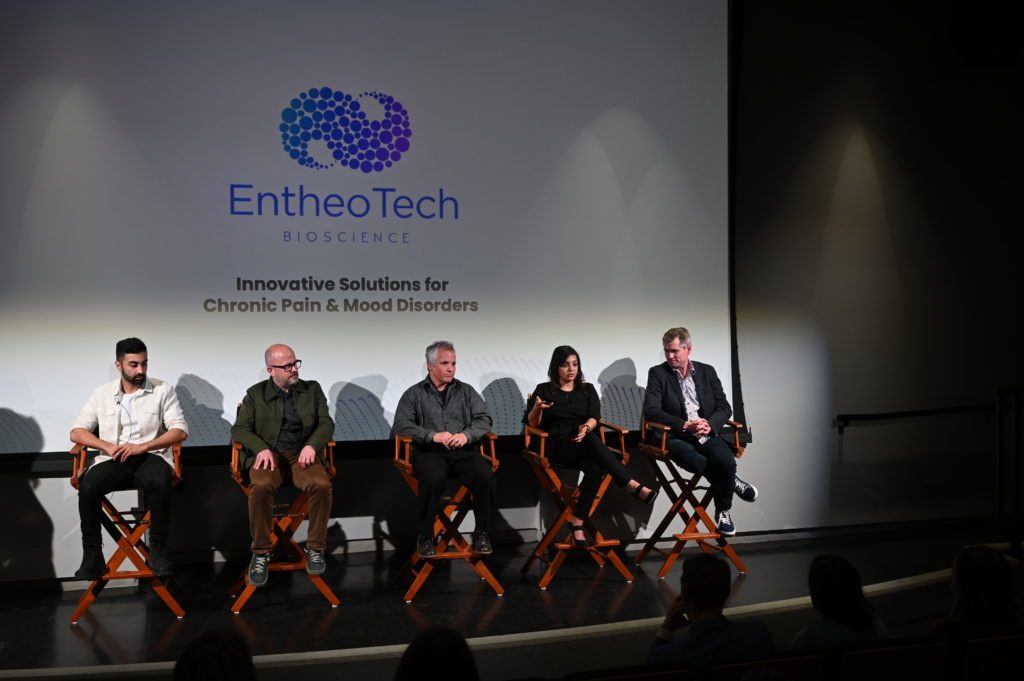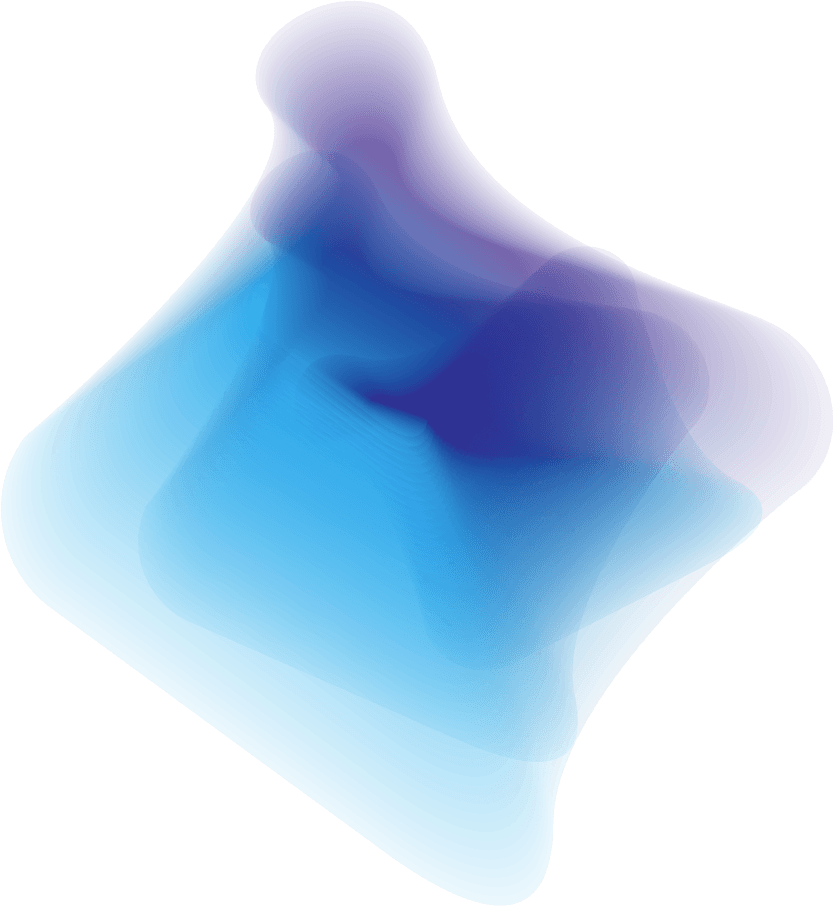Ketamine has been described by researchers as a ‘paradigm shift in psychiatry’¹ and the ‘greatest breakthrough in depression treatment in decades’². The question that naturally arises is: what exactly is this breakthrough, and what is the new paradigm it’s ushering in? The answer to this comes by comparing ketamine to standard antidepressant drugs. There are three major differences between them.
First, ketamine works via a very different mechanism in the brain compared to standard antidepressant drugs. Antidepressant drugs since their inception in the 1950s all work via their effects on so-called ‘monoamine neurotransmitters’³. These are the neurotransmitters serotonin, dopamine, and norepinephrine (also called noradrenaline). These drugs are explained in terms of the monoamine hypothesis of depression which proposes that depression is a result of an imbalance of these neurotransmitters in the brain. Towards this end, standard antidepressants — from monoamine oxidase inhibitors such as Marplan, to selective serotonin reuptake inhibitors including Lexapro or Prozac, to tricyclics like Anafranil — all seek to raise levels of these neurotransmitters.
In contrast, ketamine works through a distinct (although related) neurotransmitter called glutamate. As described in a previous blog post, ketamine works by inducing a transient surge of glutamate, particularly in the prefrontal cortex, and this ultimately leads to antidepressant effects. As such, ketamine has played an important role in ushering in new glutamate-based theories of depression, which are in turn laying the foundation for additional new glutamate-based drugs⁴.
Second, the antidepressant effects of ketamine typically take effect within four hours of a single dose. This is different to standard antidepressants, which you need to take every day, and which take four to six weeks to significantly reduce symptoms. For this reason, ketamine serves as a prime example of a relatively new and growing class of drugs which are referred to as ‘rapid-acting antidepressants’⁴, most of which are also based on the glutamate system. One important limitation here is that although ketamine is rapid-acting, it is also typically short-lasting with reductions in symptoms after a single dose usually only lasting up to 14 days. However, research suggests that repeated dosing and/or concurrent psychotherapy can help extend benefits⁵.
Third, ketamine is psychoactive. This means that it distinctly alters your subjective experience after you take it. In contrast, antidepressants don’t do this. They lead to changes in mood over time, rather than inducing a particular experience. Although it’s somewhat contentious in medical circles, some argue that the ketamine experience itself has therapeutic value over and above the changes it seems to make in the brain ‘automatically’⁶. From this perspective, the ketamine experience is thought to help people gain insight into themselves and to see their life from a different perspective, which then helps them make positive changes in their thinking and behaviour. This is the framework of ketamine-assisted psychotherapy, which sees ketamine not just as a drug treatment that makes changes in our brain to reduce symptoms, but as an experiential treatment that can synergize with psychotherapy and help people heal the underlying causes of their symptoms⁶ ⁷.
At EntheoMed’s Ketamine Assisted Therapy Suite in Kelowna, BC, we offer ketamine in the context of a person-centered ketamine-assisted psychotherapy framework. We believe in the power of the ketamine experience to be a source of personal insight and psychological flexibility, and conduct sessions in accordance with our ketamine-assisted psychotherapy Odyssey model. This model was designed based on the latest perspectives in psychedelic-assisted psychotherapy and puts the uniqueness of each patient and the ketamine experience they undergo front and centre.
In conclusion, the new paradigm that ketamine is paving the way towards is one that involves rapid-acting antidepressant drugs which work via glutamate mechanisms, and which can induce insightful and personally meaningful experiences that have potential to facilitate healing and lasting change.
Written by Manesh Girn for EntheoTech
REFERENCES
(1) Ketamine: A Paradigm Shift for Depression Research and Treatment
(2) ‘The Biggest Breakthrough in Depression Research’ in 50 Years Is … Ketamine?
(3) Depression: the case for a monoamine deficiency
(4) KETAMINE’S MECHANISM OF ACTION: A PATH TO RAPID-ACTING ANTIDEPRESSANTS














